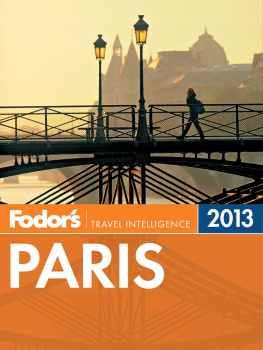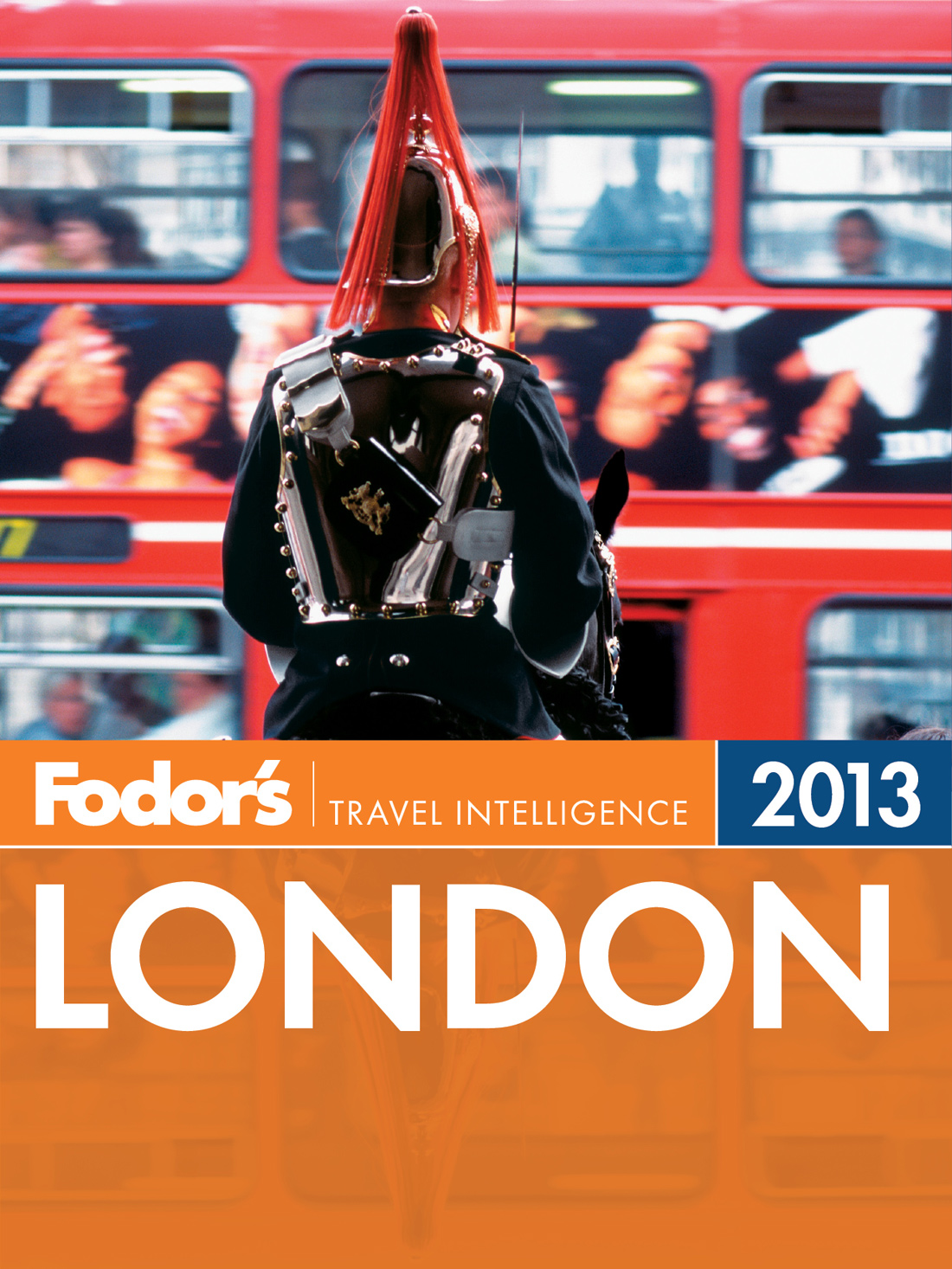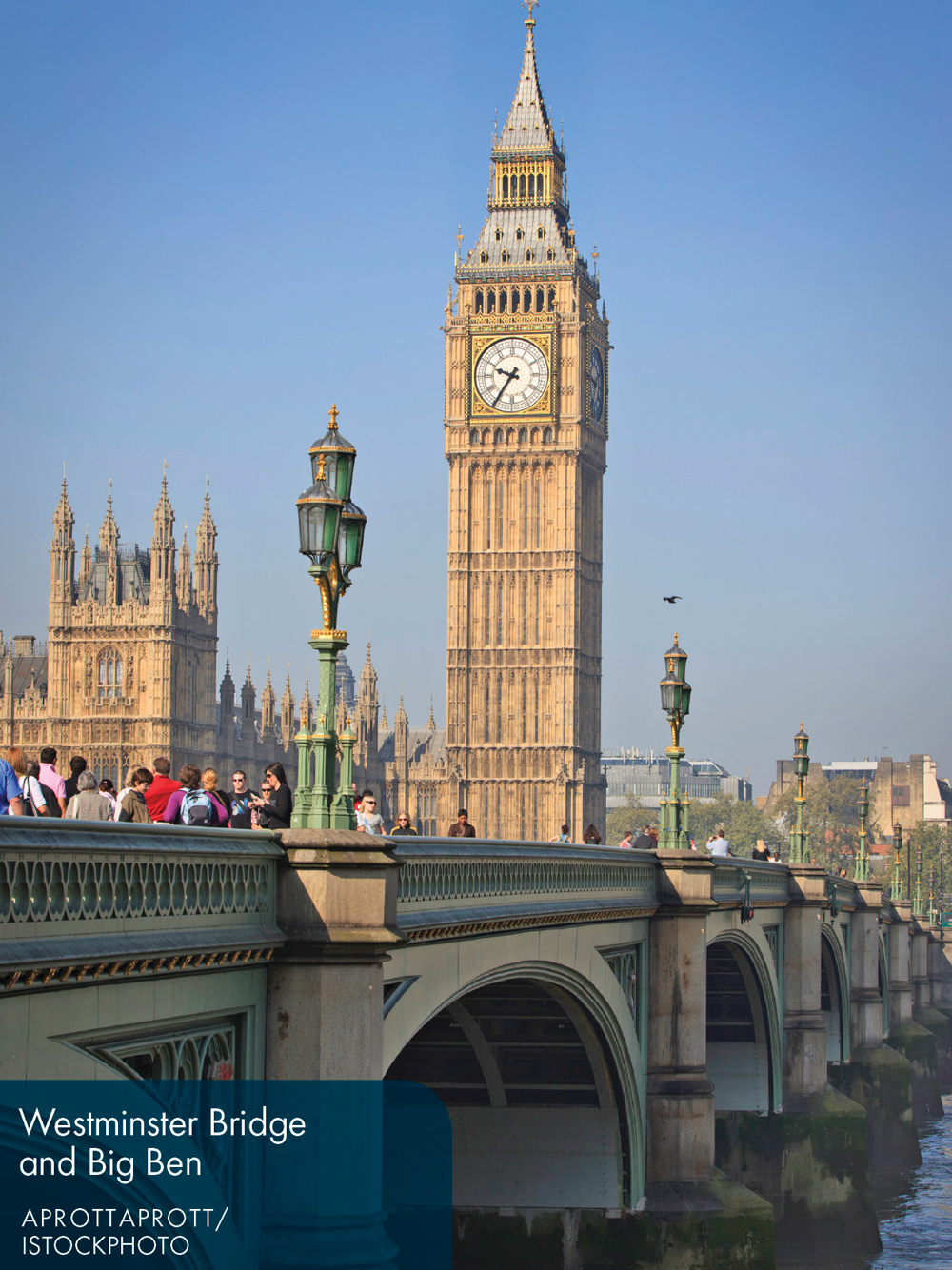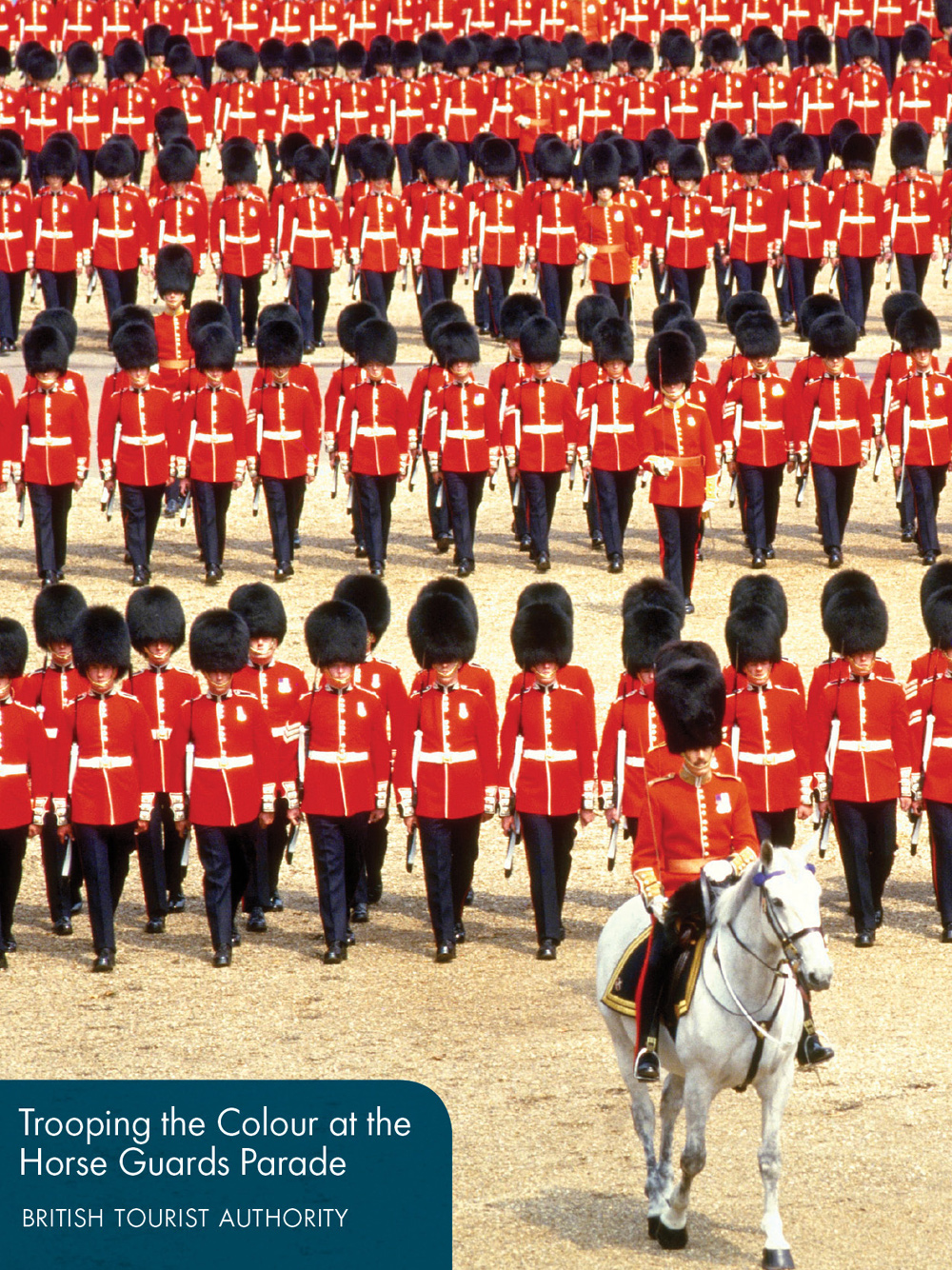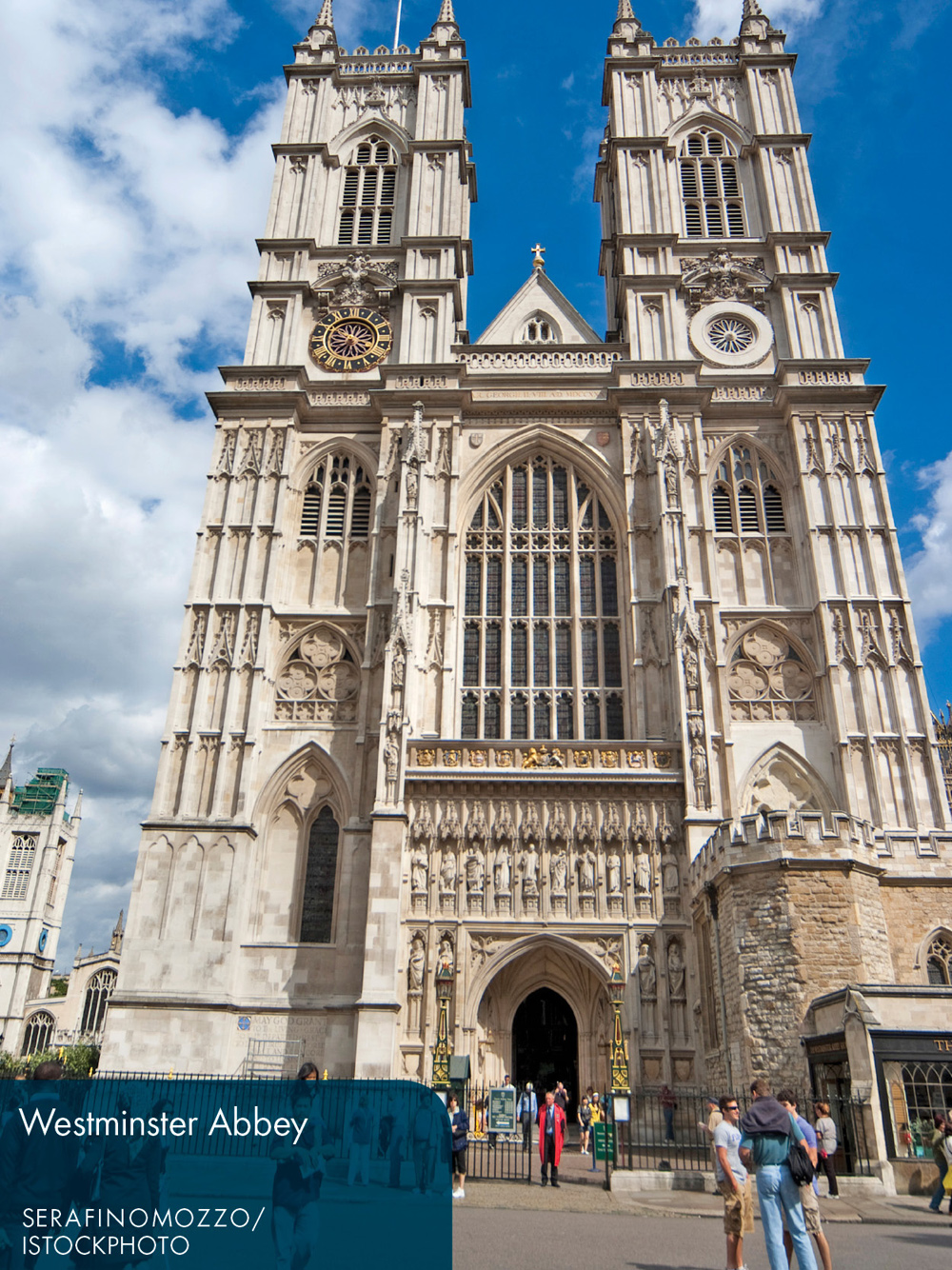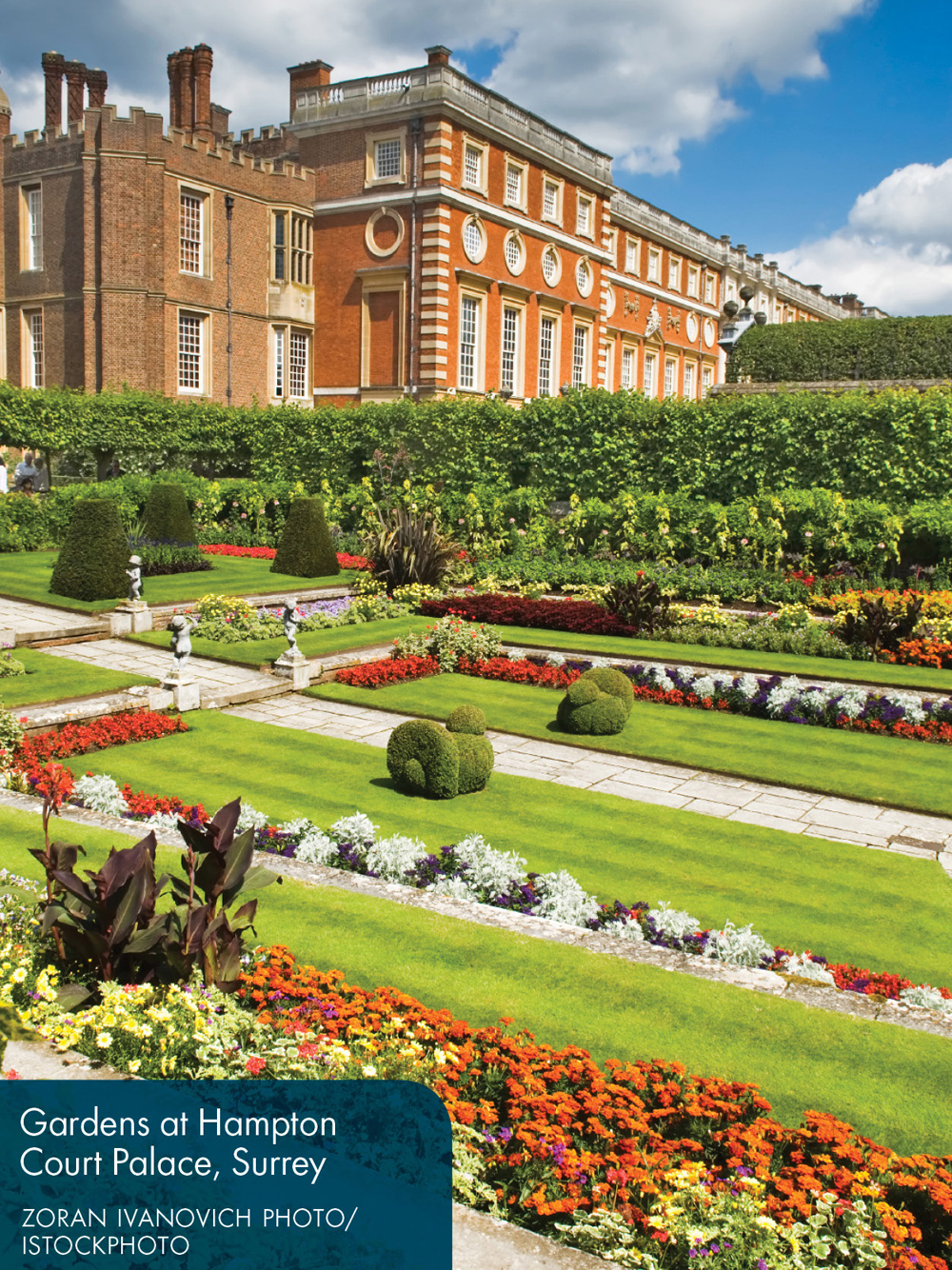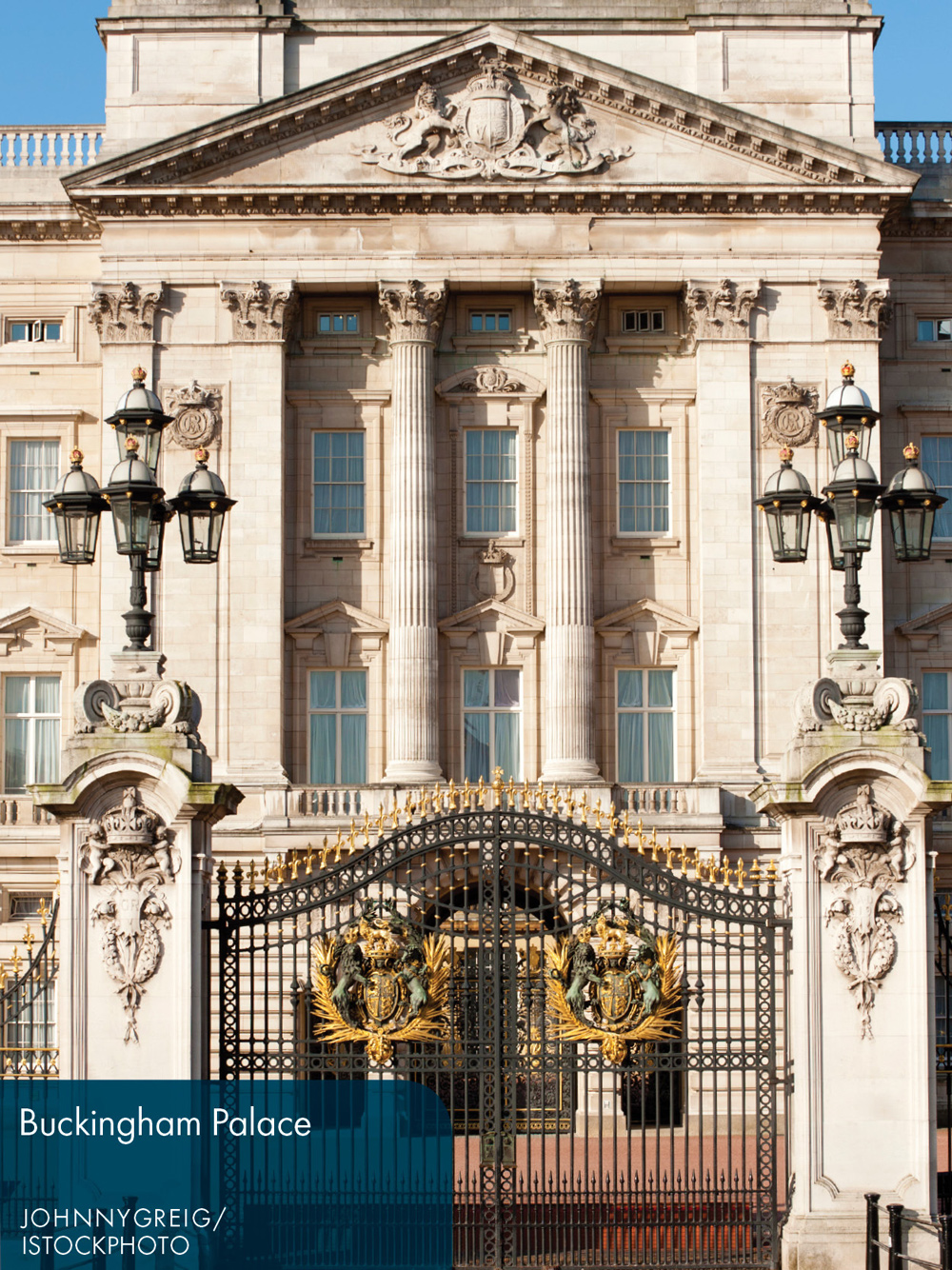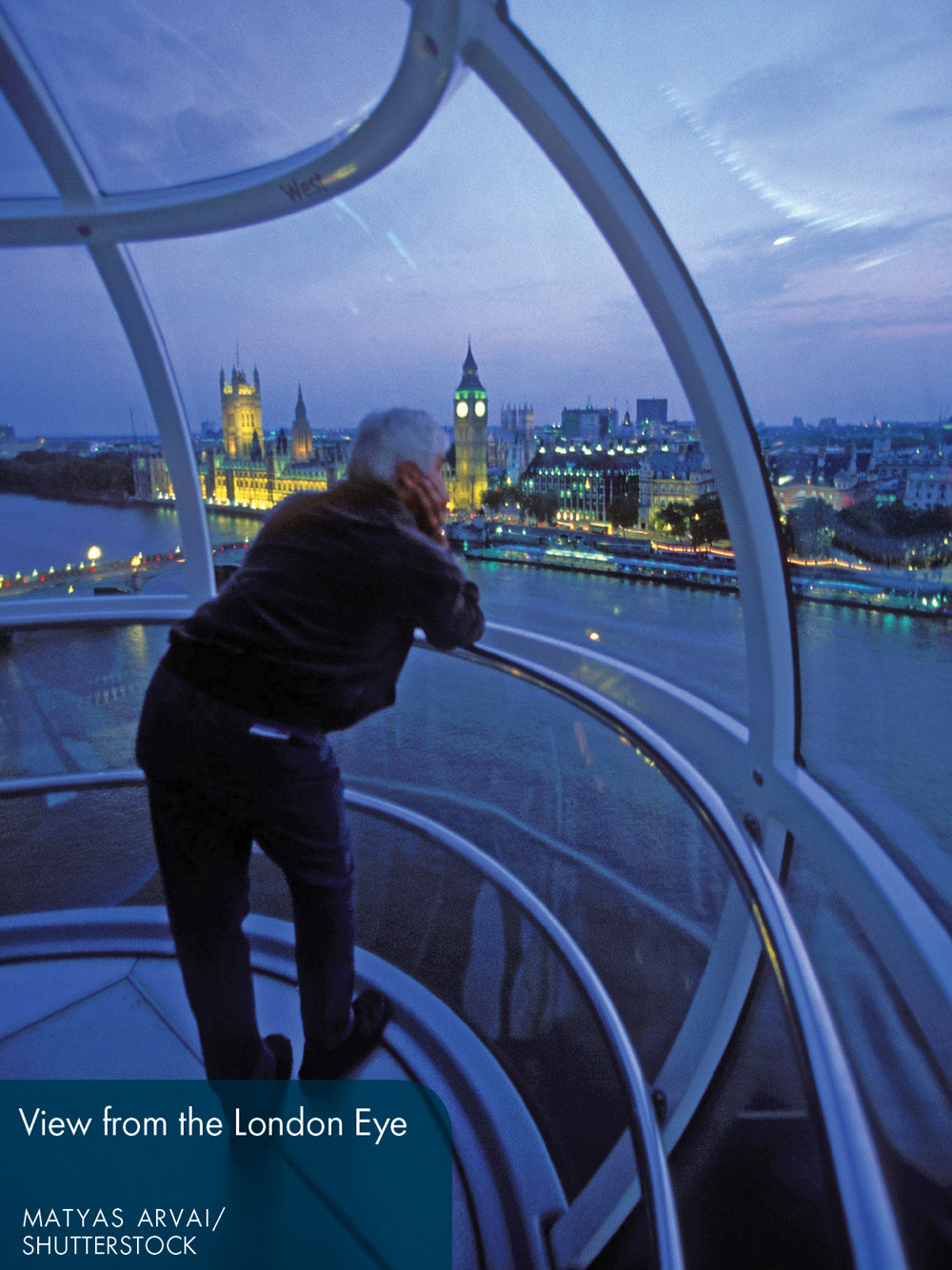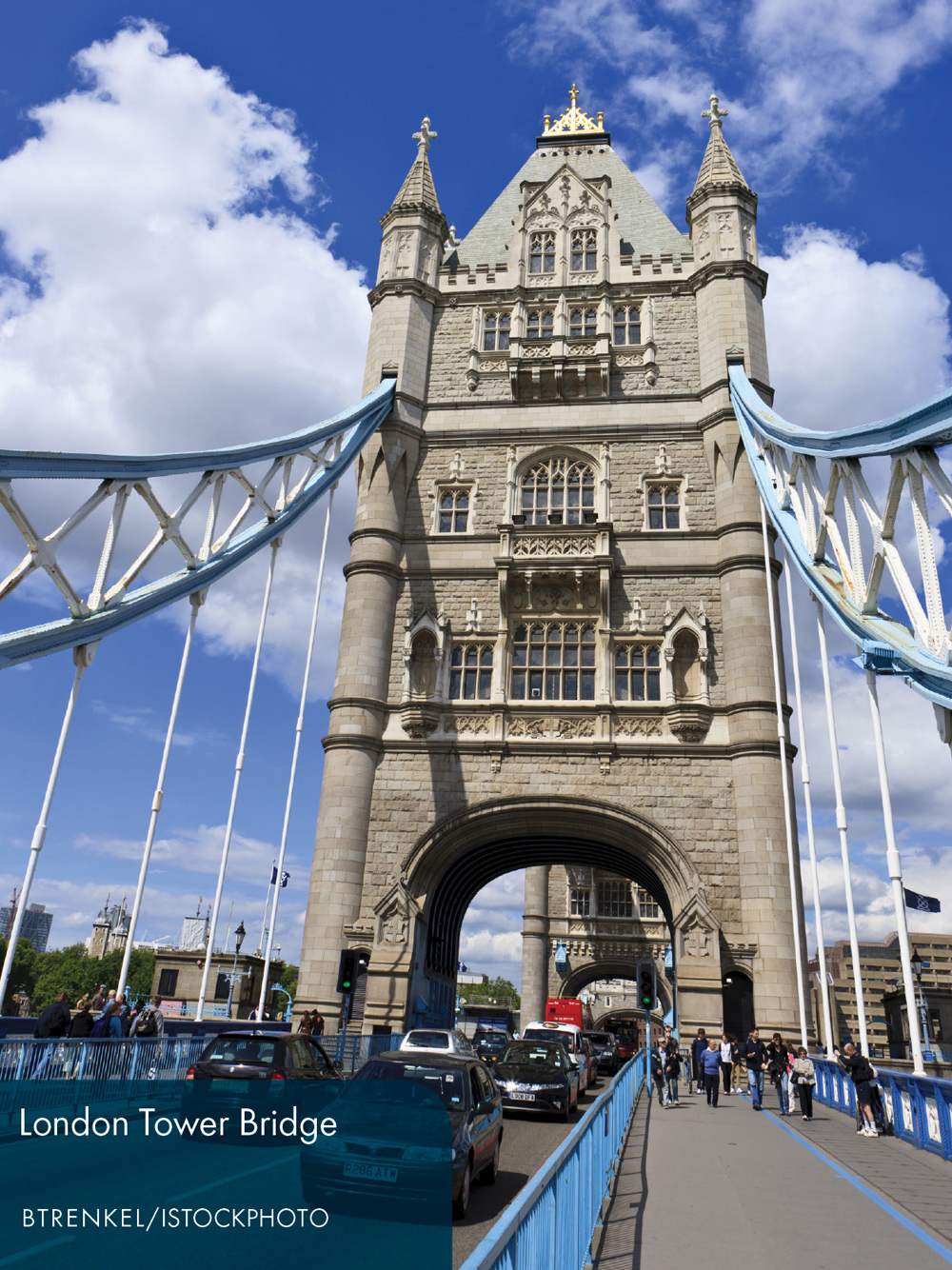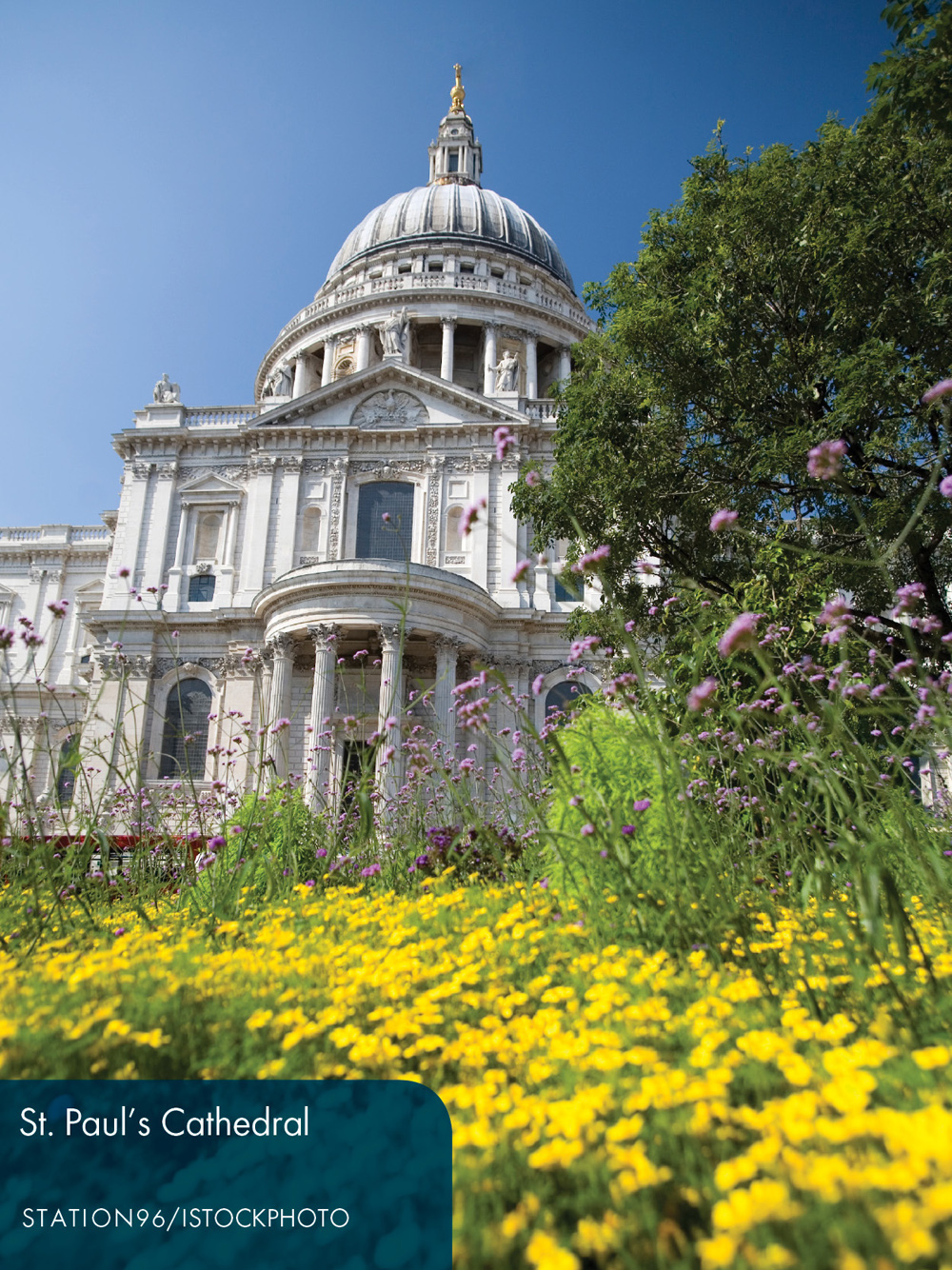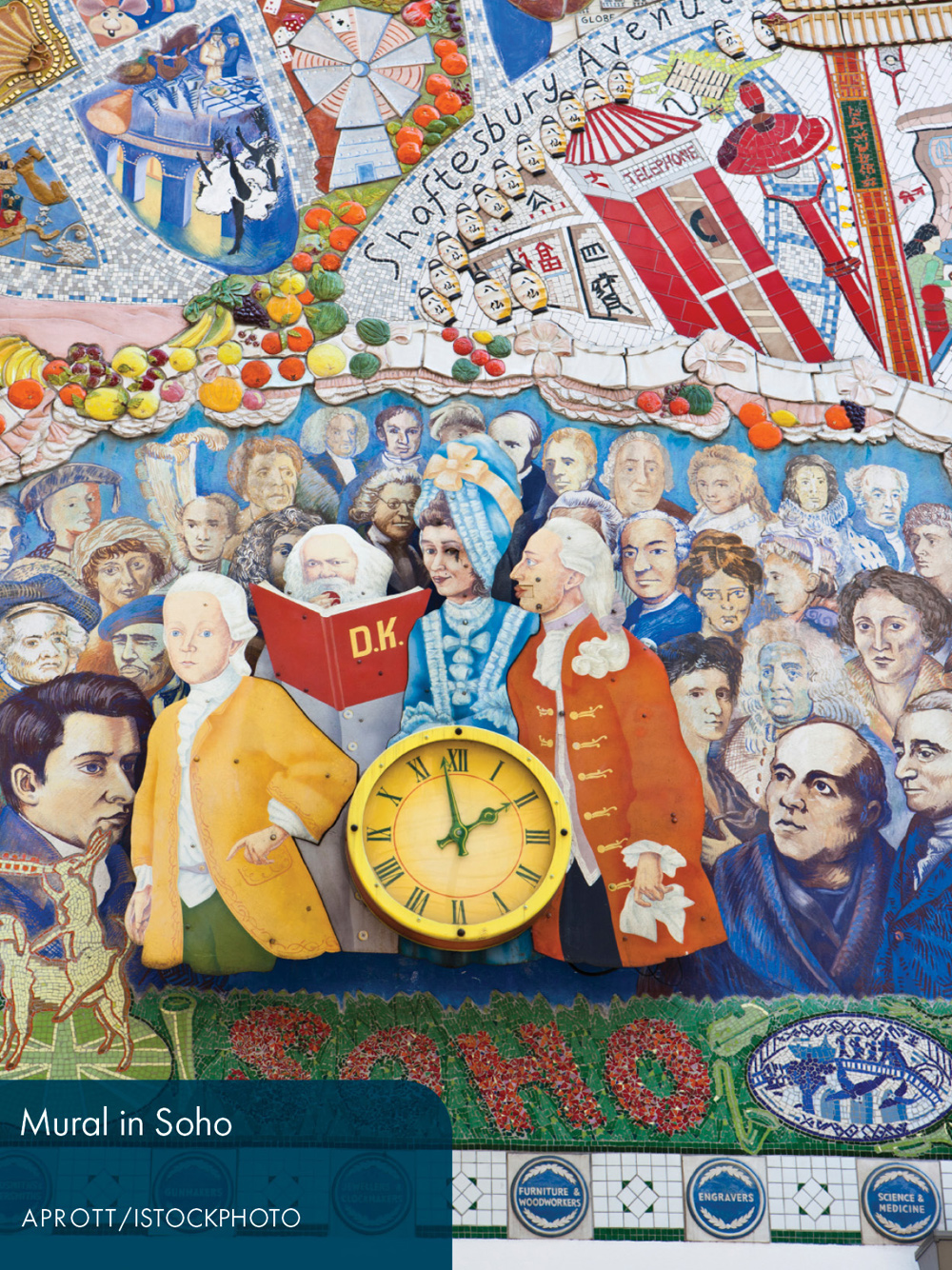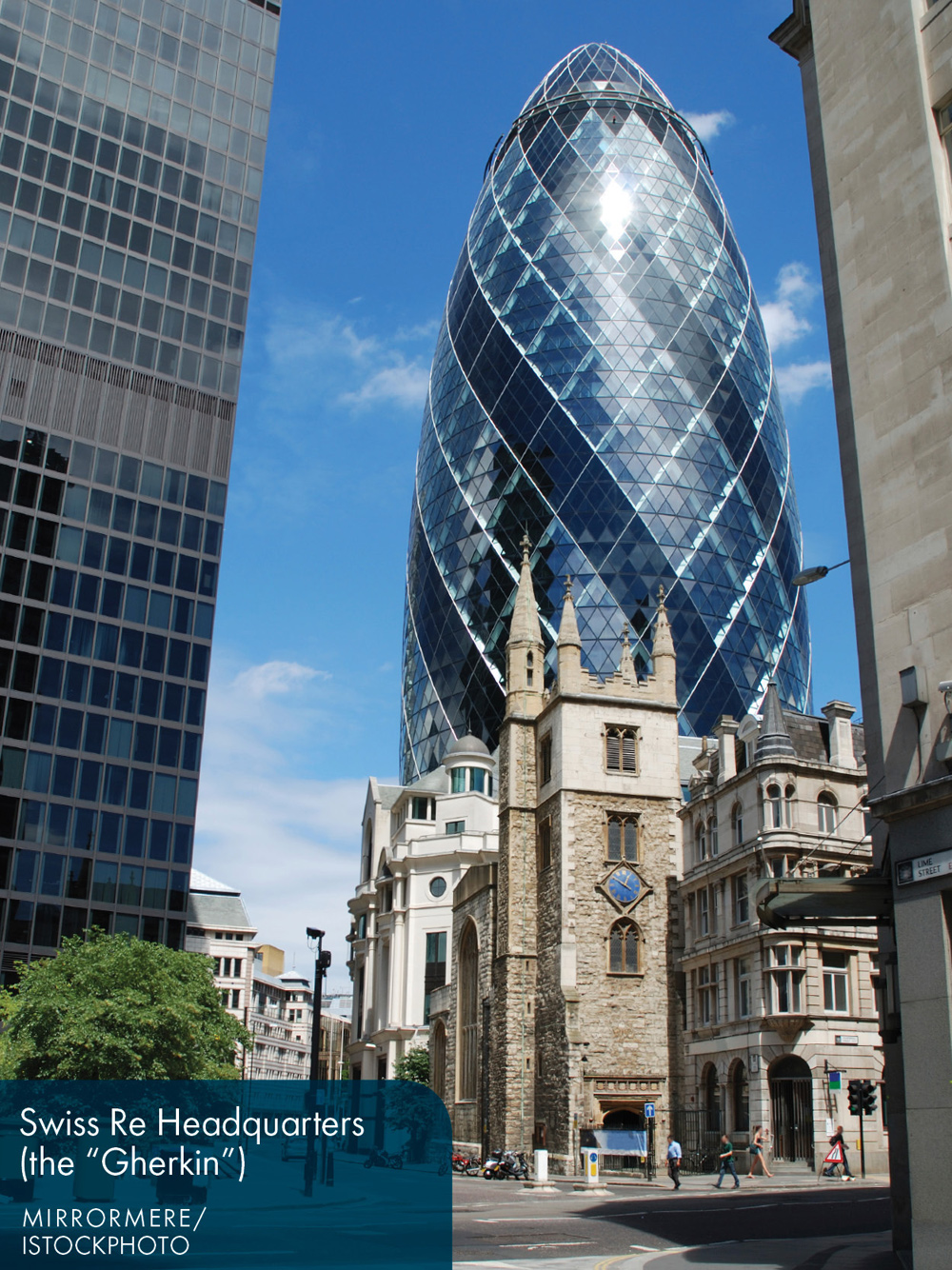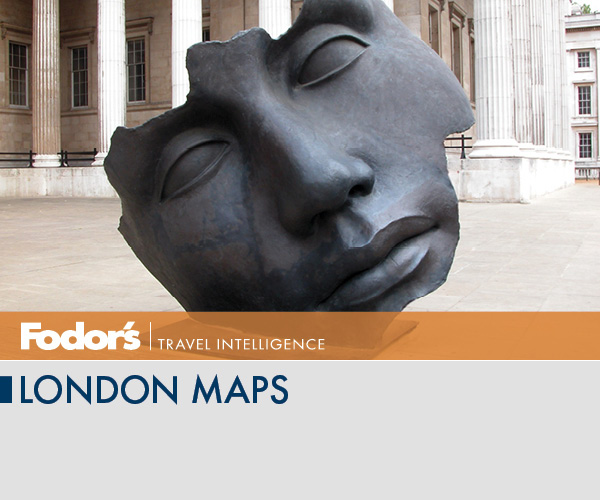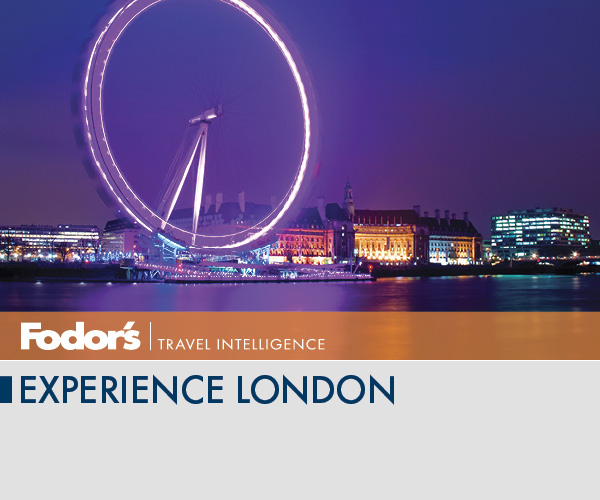Experience London
Exploring London
Side Trips From London
Travel Smart London
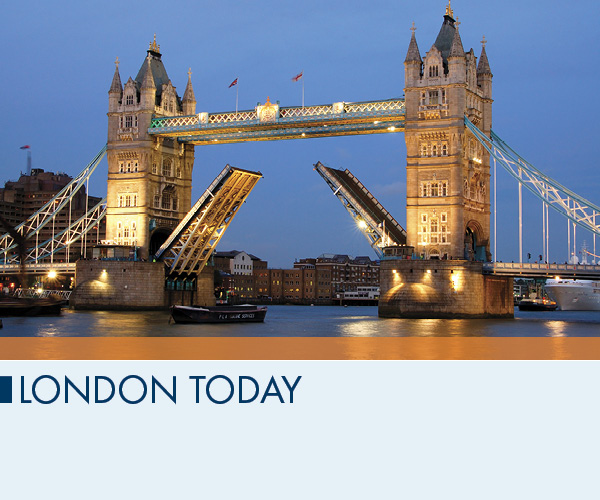
If London contained only its landmarksBuckingham Palace, Big Ben, the Tower of Londonit would still rank as one of the worlds top destinations. But Englands capital is much more.
It is a bevy of British bobbies, an ocean of black umbrellas, and an unconquered continuance of more than 2,000 years of history.
A city that loves to be explored, London beckons with great museums, royal pageantry, and 1,001 historic delights. Rain, crowds, high prices asidejust what is it that makes London such a great place to be?
The World Comes to Town
Londoners are among the least xenophobic in Europe, and with one-third of its residents born outside England, London is perhaps the most culturally diverse city on Earth.
Its part indifference and part adaptability (heavily sprinkled with tolerance), but Londoners pay precious little attention to outsiders.
This is undeniably part of Londons charm: without the attentions of strangers, you can lose yourself here like in no other city.
With more than 300 languages spoken on its streetsfrom the hybrid multicultural London English to Pashtothe city is a terrific tangle of tongues.
And as one of Europes largest citieswhether its cuisine, music, theater, poetry, or fashionthe outside world converges on London to leave its mark.
A City of Ideas
The capital of Englands knowledge economy, London is foremost a city of ideas and creativity.
From literati to glitterati, London is a vibrantly experimental capital and one of the destinations of choice for global culture hounds.
Whether its experimental drama, offbeat literature, street fashion, street performers, sparkling West End productions, cutting-edge art, urban music, or left-field public sculpture, the city is a refreshing haven for the inventive, innovative, and independent-minded.
Scores of theaters in the West End make London a powerful magnet for drama enthusiasts, while the citys top-drawer museums embrace an almanac of human wisdom.
Did You Know?
With nearly 8 million residents, London is the most populous city in Europeand the most cosmopolitan, with more than 300 different languages spoken.
A penthouse in Hyde Park sold for 135 million (about $200 million) in 2011, making it the worlds most expensive apartment.
Westminster, home to many of Londons top attractions, is technically a separate city. Long since absorbed by London, it survives in name onlyCity of Westminster is written on every street sign.
The River Thames is a treasure trove. Everything from Roman jewels to medieval swords wash up on its shores, though youre more likely to find Victorian clay pipes or rusted coins if you hunt along the South Bank at low tide. The Museum of London offers a free identification service.
The Middle Temple, Covent Garden, is where many of the capitals attorneys matriculate. Theyd better be handy with a sword, though; by ancient custom a suit of armor is kept by the front door for lawyers to don in case of attack.
The Tube (the London Underground) is the worlds oldest subway system, dating from 1863. With more than 253 miles of track, it now covers more ground than systems in New York, Paris, and Tokyo.
London manners they never warn you about: Brits drive on the left, and they scurry on the left, too. You must stand to the right on escalators to avoid sharp words from a local trying to pass in a hurry.
Stormy Weather
The rough seas of the global financial crisis have crashed down pretty hard on London over the past couple of years.
Some assigned part of the blame for the riots that gripped the capital in the summer of 2011 on a perception that The City (the confusingly named financial district) had been let off lightly for their part in the recession, while the poor were hit hard.
Meanwhile, Britain became embroiled in bitter rows with France and Germany over whether Londonwhich, since 2009, has been the worlds preeminent financial center, ahead of New Yorkshould avoid undue penalization during the desperate efforts to save the ailing euro and shore up troubled European economies.
This has once more raised questions about how Britain sees itself in the world, and nowhere are these arguments had more fiercely than in its staunchly internationalist capital.
Is London more a thriving European city or the beating heart of an island nation? The future is unwritten.
Have and Have-Nots
For the people who live here, money is what makes Londons cogs go around.
The credit crunch may have pierced its bubble of prosperity, but Londons housing market enjoys its own economic microclimate, with prices still rising as they fall elsewhere.
Elegant areas such as Kensington and Knightsbridge are in a different world, with gravity-defying prices fed by waves of overseas investors and tycoons.
Today, The City contributes about 2.5% of the countrys GDP, which highlights the pivotal role it plays in the countrys economy.
But while its Kazakh oligarchs, Saudi playboys, and cash-splashing freewheelers suggest a city endlessly flaunting its wealth, income disparities are colossal.
London remains a reasonably safe city but it pays to keep your wits about you; gang culture and incidents of knife and gun crime conspire to make some neighborhoods a grittier and disadvantaged flip side to the citys flashier boroughs. But, happily, most of the city is safe, sound, and one of the most sublimely civilized places in the world.



